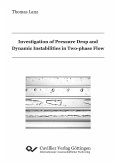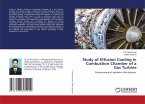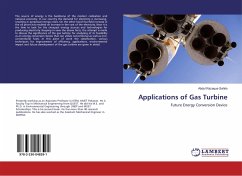The increasingly strict regulation for pollutant emissions has recently led engine manufacturers to develop combustors that meet various regulatory requirements. Lean-premixed combustion appears to be the most promising technology for practical systems at the present time. In lean-premixed combustion, the fuel and air are premixed upstream of the combustor to avoid the formation of stoichiometric regions. The combustor is operated with excess air to reduce the flame temperature; consequently, thermal NOx is virtually eliminated. Unsteady flow oscillations, also referred to as combustion instability, have emerged as a common problem, and hindered the development of lean-premixed combustors. These oscillations may reach sufficient amplitudes to interfere with engine operation, and in extreme cases, lead to failure of the system due to excessive structural vibration and heat transfer to the chamber. The book is organized in two parts: an extensive bibliographic review of combustion instabilities and the motivation of this work in part 1; and the study about a new diagnostic methodology for thermoacoustic instability detection and future control in part 2.
Bitte wählen Sie Ihr Anliegen aus.
Rechnungen
Retourenschein anfordern
Bestellstatus
Storno








